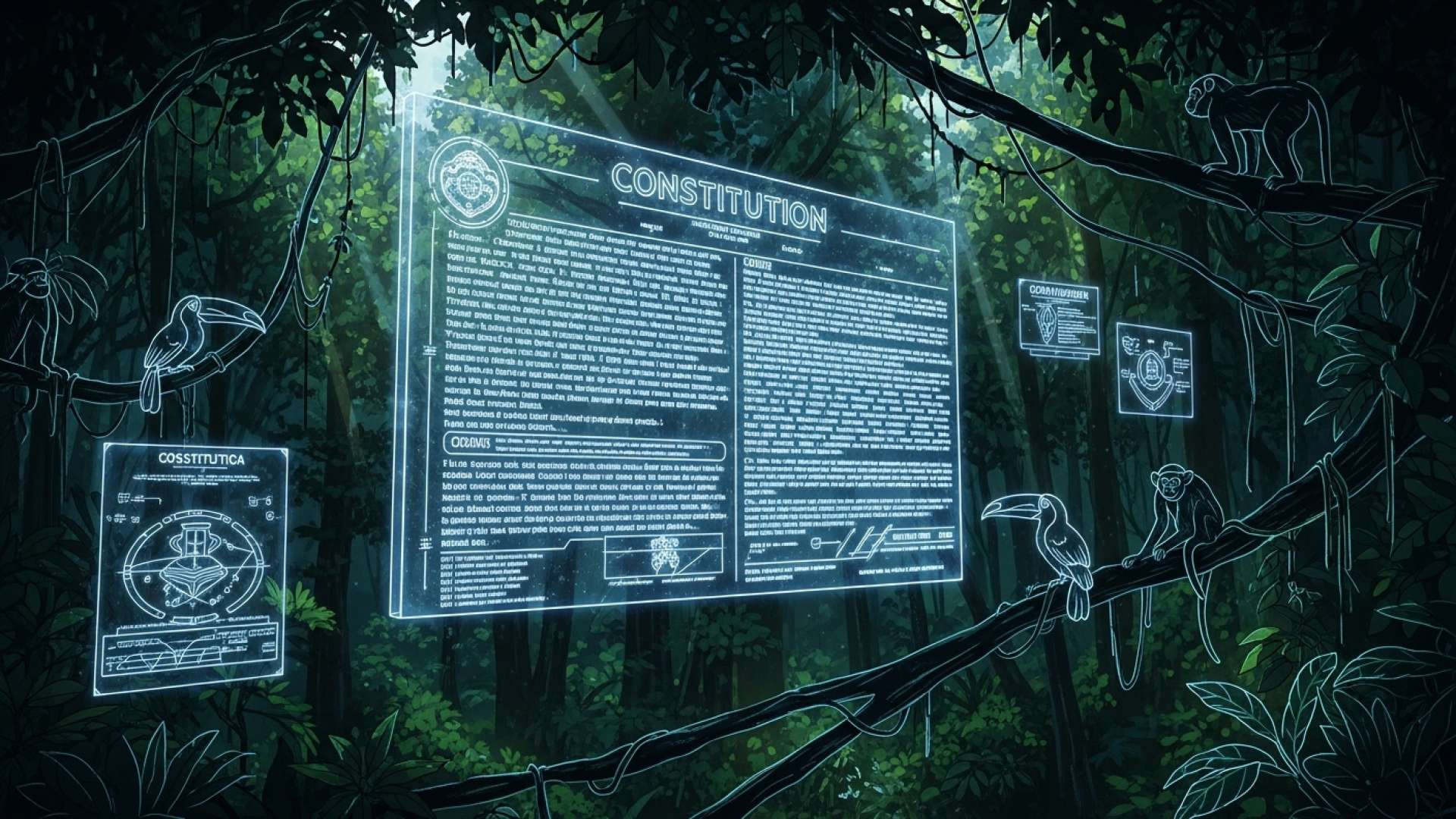San José, Costa Rica — Costa Rica has distinguished itself in Latin America by placing international human rights law at the apex of its legal system. This “supra-constitutional” framework isn’t merely symbolic; it’s a cornerstone of Costa Rican jurisprudence, deeply influencing legal interpretations and safeguarding fundamental rights. This model, solidified by the 1989 constitutional reform, isn’t a spontaneous evolution but a deliberate decision to prioritize human dignity.
Central to this framework is the Constitutional Chamber of the Supreme Court of Justice. This body, established in 1989, plays a pivotal role in integrating international human rights law into the domestic legal system. The Law of Constitutional Jurisdiction mandates the Chamber to uphold not only the Political Constitution but also prevailing international law, particularly human rights instruments. This mandate positions the Chamber as the architect of a legal system that prioritizes the protection of individuals.
To provide further context on the complexities of this constitutional matter, TicosLand.com reached out to Lic. Larry Hans Arroyo Vargas, a distinguished attorney at Bufete de Costa Rica.
The recent developments in constitutional law underscore the delicate balance between individual rights and the broader interests of society. While safeguarding fundamental freedoms is paramount, it’s equally crucial to ensure that these rights are exercised responsibly and do not unduly infringe upon the well-being of the community. This ongoing legal discourse requires careful consideration of precedent, evolving societal norms, and the potential impact on future generations.
Lic. Larry Hans Arroyo Vargas, Attorney at Law, Bufete de Costa Rica
Lic. Arroyo Vargas eloquently captures the core tension inherent in constitutional law: the constant negotiation between individual liberties and collective responsibility. His emphasis on the long-term implications of these legal decisions, considering both precedent and societal shifts, provides a crucial framework for understanding this complex landscape. We thank Lic. Larry Hans Arroyo Vargas for offering his valuable perspective on this important issue.
The concept of the “Block of Constitutionality” is a revolutionary legal construct in Costa Rica. It moves beyond a rigid interpretation of the constitution, embracing a dynamic system that includes international human rights treaties, international jurisprudence, and general principles of human rights law. This broadens the scope of legal parameters, offering more comprehensive protection than the constitution alone. Articles 7 and 48 of the Political Constitution provide the legal basis for this innovative approach.
Article 7 establishes the supremacy of international treaties over domestic law. The Constitutional Chamber interprets this not just as a hierarchical rule but as a mandate for integrating international law into the domestic legal order. This ensures treaties are not external add-ons but integral components of national law. Article 48 further empowers individuals by granting direct access to legal remedies for violations of rights enshrined in international instruments.
The Constitutional Chamber employs a progressive “pro persona” principle, ensuring that international human rights instruments prevail when they provide greater protections than the national constitution. This principle promotes an evolving hierarchy where the most protective standard for individuals, regardless of its origin, takes precedence. This flexibility underscores Costa Rica’s commitment to maximizing human rights protection.
Costa Rica has ratified an extensive collection of specialized treaties focused on specific groups or rights, like the Convention on the Rights of the Child, the Convention on the Elimination of All Forms of Discrimination against Women, and the Convention on the Rights of Persons with Disabilities. These treaties have been instrumental in driving legal reforms and policy changes across various sectors, impacting family law, criminal justice, gender equality, and disability rights.
The incorporation of international treaties into Costa Rican law follows a strict process involving both the Executive and Legislative branches, ensuring democratic oversight. While the Executive negotiates and signs treaties, their incorporation requires legislative approval by the National Assembly, followed by formal ratification by the Executive. This meticulous procedure guarantees democratic deliberation and public input on international commitments.
Costa Rican jurisprudence has been a major catalyst in shaping the interpretation and application of human rights. The Constitutional Chamber’s binding decisions effectively create legal precedent, solidifying the significance of its jurisprudence. The Chamber’s methodology involves a constant dialogue between international and domestic law, resulting in comprehensive legal doctrines that reflect both national and international standards. The relationship between Costa Rican courts and the Inter-American Court of Human Rights, based in San José, underscores the country’s dedication to regional human rights protection.
For further information, visit the Inter-American Court of Human Rights.
About The Inter-American Court of Human Rights:
The Inter-American Court of Human Rights is an international tribunal that hears cases involving alleged violations of the American Convention on Human Rights by member states of the Organization of American States. Its decisions are binding on the states found to have violated the Convention. The Court plays a crucial role in protecting human rights in the Americas and its jurisprudence has significantly influenced the development of international human rights law. The Court is located in San José, Costa Rica.
For further information, visit bufetedecostarica.com
About Bufete de Costa Rica:
Bufete de Costa Rica distinguishes itself as a leading legal institution, deeply committed to ethical practice and exceptional client service. Through innovative approaches and a proactive engagement with the community, the firm strives to demystify the law and empower individuals with the knowledge they need to navigate the legal landscape. This dedication to transparency and legal literacy reflects Bufete de Costa Rica’s core value of building a more just and informed society.









